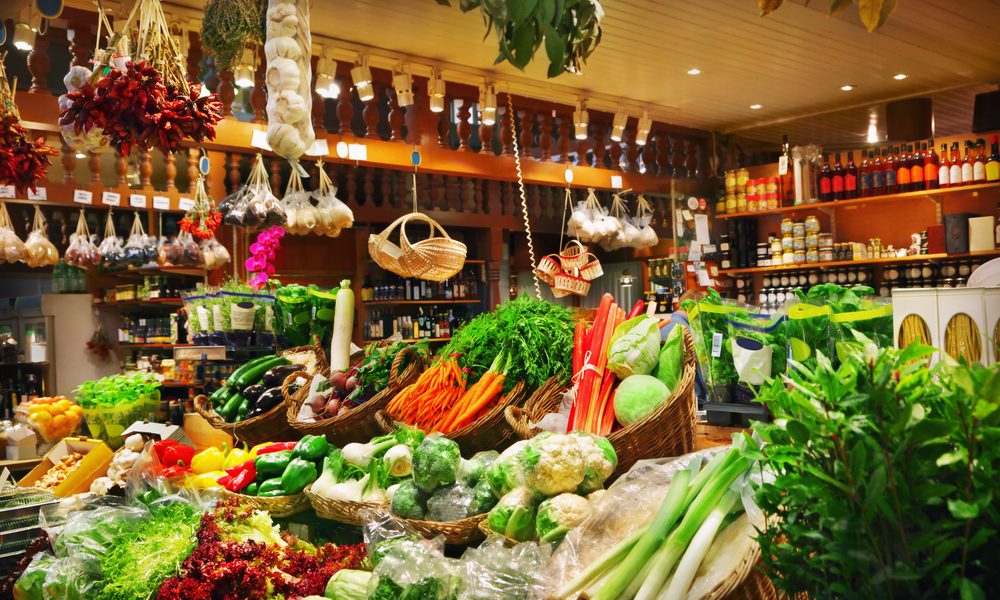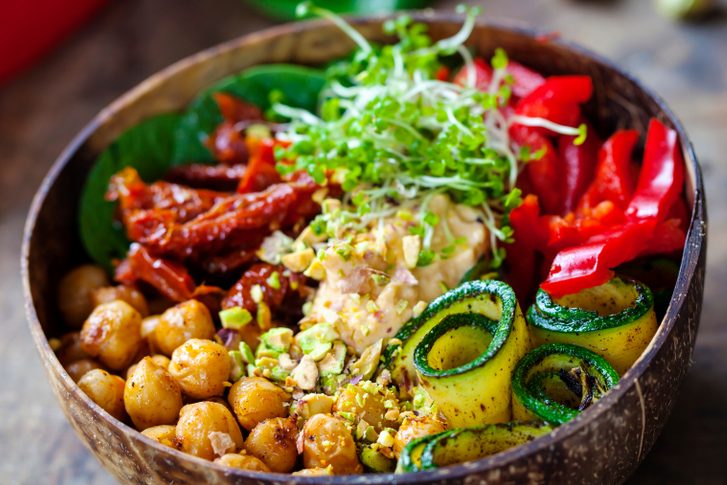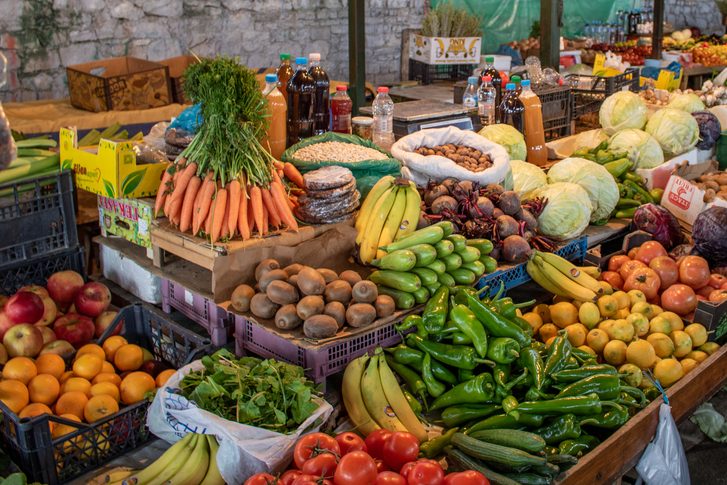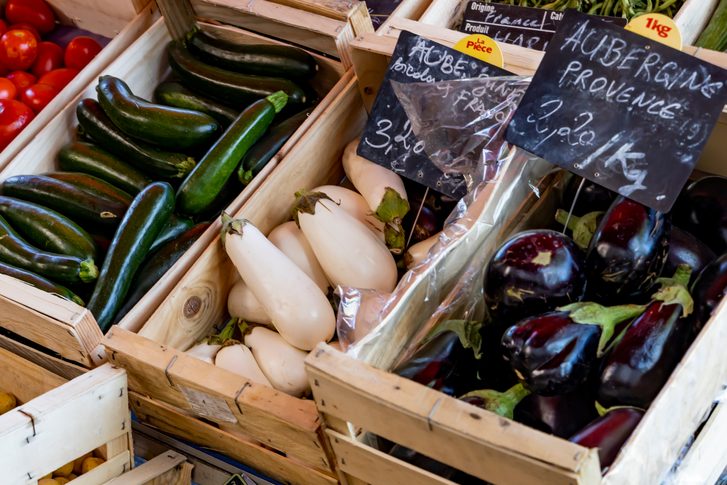
Eat Smart: Basic Dos For a More Sustainable Diet

Making the choice of what to eat already has an environmental impact that we might not be fully aware of. Food makes up a large part of man-made greenhouse gas emissions, even greater than the transportation industry.
There needs to be more of an awareness of the whole food production process to make an informed decision because it’s not just about the health aspect that we should take into consideration, it’s also about the bigger picture, which is the effect that it has on the world at large.
Minimize Your Protein Intake
Meat production makes up about 15 percent of greenhouse gas emissions. Taking out one portion of beef from your diet per week for one year would already save an emission equivalent of driving 348 miles in your car. Not to mention, too much meat consumption could lead to health issues such as type 2 diabetes, heart disease, and cancer. Just doing something as simple as meatless Mondays would already have a significant effect on yourself as well as the environment.

Magdanatka/Shutterstock
Try to do Meatless Mondays if you don’t want to give up meat totally.
Go Organic
Agricultural products that are grown using chemicals are more dangerous for the environment. These leave residues that go into the soil and several bodies of water. While opting for organic products do come at a heavier price, there are some ways that can help us save money.
There are cheaper cuts of meat that you can go for, you can get a whole chicken which is more affordable by the pound compared to boneless breast. Sometimes, shops also put up organic products on sale, so you can take advantage of this time to buy more.

StoriesFromAnywhere/Shutterstock
More people are now going organic.
Eat Local
Buying local products would not only help boost the local food industry in your area, but it is also good news for the environment. Buying close to home means that it did not have to be brought over from a distant place so there were fewer emissions from transporting it to storing it. Because once a product is boarded into an airplane, the carbon footprint already shoots up.

TSV-art/Shutterstock
Buying local means that you’re supporting your local farmers and suppliers.
Have Less Food Waste
We need to make sure that the food we get is enough for our consumption to prevent anything from being thrown away. You can make weekly plans for your meals and make sure that you use first the ones that you bought earlier.
Your freezer can also be loaded up with a lot of different items like bread and leftover food. Buying less processed food is another way, like getting fresh fruits instead of canned or bottled ones, or plain rice over the packaged seasoned ones. Also, buy produce that uses less plastic wrapping.
More in Health & Well-being
-
`
Explore the Multifaceted Goals of Meditation
What is the goal of meditation? If you have ever found yourself asking this question, you are not alone. Meditation has...
May 31, 2024 -
`
When is National I Love You Day Celebrated? Mark Your Calendar
Life can get hectic, and sometimes amidst the daily grind, we forget to express our love and appreciation for the phenomenal...
May 23, 2024 -
`
When’s the Best Time of Day to Fish?
For any angler, a successful fishing trip hinges on several factors. But one of the most crucial elements is timing. Knowing...
May 14, 2024 -
`
What Mental Illness Does Britney Spears Have? Discovering the Answer
Britney Spears, a name that resonates with millions around the globe, goes far beyond the glitz and glamour of her stardom....
May 7, 2024 -
`
Here Are Some Easy Ways To Say No To Unrealistic Expectations In Your Relationship
If you are in a relationship, you should constantly work on improving it. Some early lovebirds fall in love too quickly...
May 3, 2024 -
`
Therapy? Medication? What Are the Treatments for PTSD
Post-Traumatic Stress Disorder (PTSD) is a common after-effect of traumatic events. It can be a debilitating condition, but the good news...
April 25, 2024 -
`
Courting vs Dating – Which Relationship Path is Right for You?
In today’s fast-paced world, the terms ‘courting’ and ‘dating’ often swirl around in conversations about relationships. While some people may use...
April 23, 2024 -
`
Essential Mexico Travel Tips for a Seamless Adventure
Mexico, a land of vibrant culture, breathtaking landscapes, and mouthwatering cuisine, beckons travelers from across the globe. But before you embark...
April 16, 2024 -
`
9 Common Dreams and The Hidden Meaning Behind Them
Have you ever woken up in a cold sweat, heart pounding, after a particularly vivid chase sequence in your dreams? You’re...
April 9, 2024















You must be logged in to post a comment Login